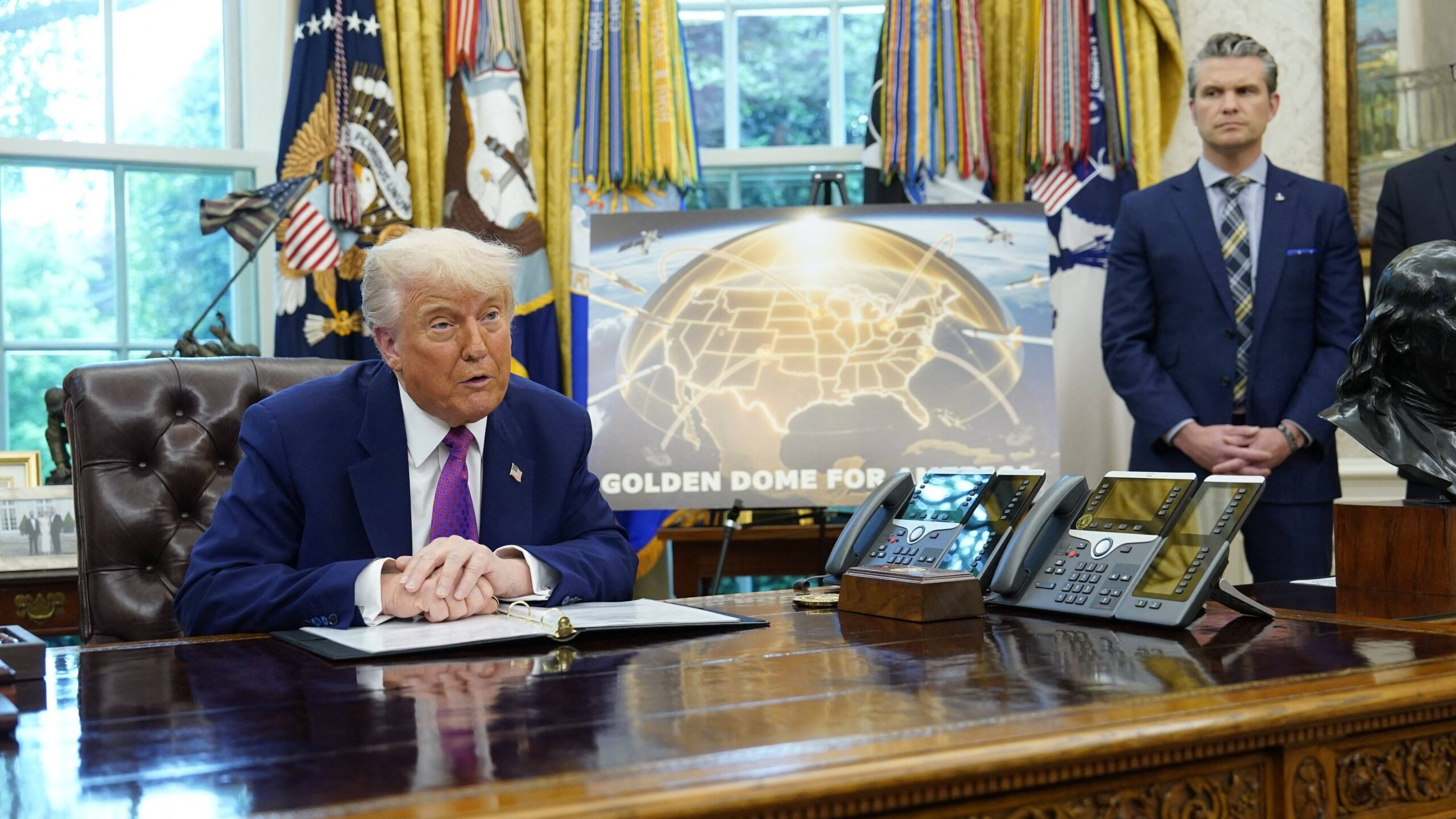
The Trump administration’s Golden Dome initiative aims to develop a next-generation missile defense system, setting the stage for startups and established defense contractors to compete for a massive $151 billion multi-year contract. This contract, known as SHIELD (Scalable Homeland Innovative Enterprise Layered Defense), will serve as an umbrella program for procuring technology to protect the U.S. from missile threats via space, land, and sea.
Challenges for Startups in a Complex Process
While the contract offers huge potential, the qualification process is highly bureaucratic and costly, making it difficult for smaller startups to compete directly. Many lack the necessary security clearances, IT infrastructure, and compliance capabilities required for highly classified government work. For most startups, the viable path is to partner as subcontractors with large defense primes like Lockheed Martin or Northrop Grumman.
Bryce Dabbs, CEO of Approach Venture, estimates only 5-10% of the contract’s value will go to non-traditional vendors, mostly through teaming and subcontracting. Established venture-backed companies such as SpaceX and Anduril have the scale and resources to compete more directly.
The Pentagon’s Missile Defense Agency released a draft solicitation last week, marking the beginning of what could be a major government spending spree on defense tech. The final request for proposals is expected in the fourth quarter of this year, though lobbying efforts are already underway.
The contract falls under the Federal Acquisition Regulation (FAR) and the Competition in Contracting Act (CICA), which require “full and open competition” but impose compliance standards that tend to exclude newer players. William Greenwalt, a former deputy undersecretary of defense, argues that this type of contract structure is not conducive to innovation. He advocates for the use of Other Transaction Authority (OTA), which offers more flexibility for working with non-traditional vendors and funding prototypes.
Big Players and Early Moves
Larger companies like Lockheed Martin have already positioned themselves publicly, with Lockheed launching a “Golden Dome for America” campaign. Meanwhile, a consortium including SpaceX, Palantir, and Anduril has begun meetings with federal officials.
The program is led by General Michael Guetlein, second in command of the U.S. Space Force, with a target to finalize the system’s architecture within three years — a timeline favoring mature technologies over those still in research and development.
Author’s Opinion
Golden Dome is an ambitious initiative that reflects a critical need to advance U.S. missile defense capabilities. However, the heavy bureaucratic barriers and existing contract frameworks heavily favor established defense contractors over startups. For true innovation, the Pentagon should adopt more flexible contracting methods like OTA to better incorporate emerging tech. Without this, Golden Dome risks becoming a prize primarily for incumbents, sidelining the fresh ideas and agility that startups can bring to national security.
Featured image credit: Heute
For more stories like it, click the +Follow button at the top of this page to follow us.
